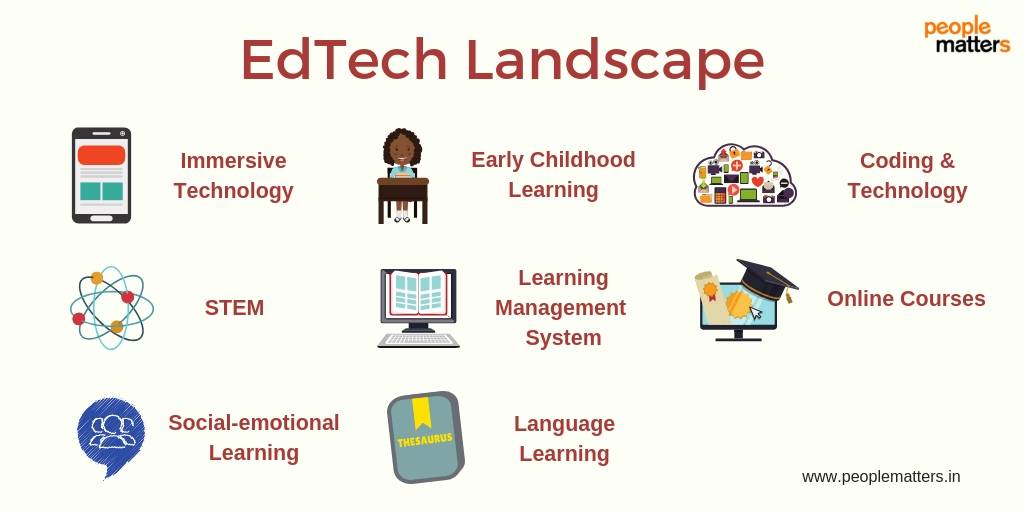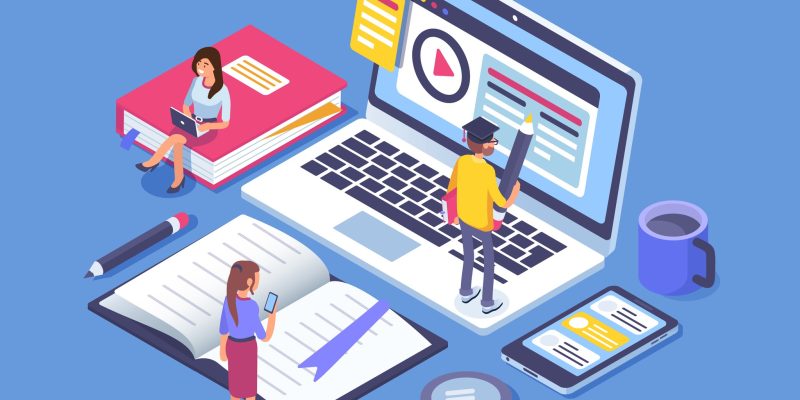The World Bank is actively working with ministries of education in dozens of countries in Africa, in support of their efforts to utilize educational technologies(Edtech).
In support of this work, the World Bank is cataloguing emerging approaches, by country. Here’s what African countries have done to enhance edtech in Africa.
KENYA
- The Ministry of Education has designed online learning programs and resources. Materials and programs will also be delivered using radio, television, YouTube and other platforms.
- Kenya Broadcasting Corporation (KBC) will broadcast radio programs daily from Monday to Friday.
- Other broadcast platforms include the Edu Channel TV and EduTv YouTube channel overseen by the Kenya Institute for Curriculum Development (KICD).
- Learners can also access digital learning resources from the Kenya Education Cloud overseen by KICD.
- Platforms like Zeraki learning are also available for high school students with assignments, notes and CATS.
- Universities are also taking classes on Zoom, providing their library accounts to students.
- Telcos like Safaricom and Telkom have provided cheaper bundle packages for some universities around the country.
EGYPT
The Ministry of Education and Technical Education (MOETE) announced steps to implement distance learning and assessment during school suspension.
- MOETE extended access to the Egyptian Knowledge Bank (EKB) to students. This provides content by grade level and subject (kindergarten through secondary education). Content is available in both Arabic and English to all students, parents and teachers (does not username/password).
- A digital platform offers a communication channel between students and teachers to enable approximately 22 million students to communicate with teachers. It includes explaining lessons, answering student questions, and taking exams online.
- On March 19, Egypt contracted with the online learning provider Edmodo to deliver remote instruction to the country’s entire K-12 student body.
- There is an arrangement to make SIM cards at no cost to students if they have a device.
- For Egyptian students abroad, they will use the electronic platform and digital library. Examinations will not be taken.


Edtech in Africa
LIBERIA
- Orange Liberia announced that it is granting free access to online educational content to students and teachers via a website called Orange Campus Africa. Orange customers who don’t have data will still be able to visit the web site and enjoy educational materials provided. Those who have data can also visit the website and none of their data balance will be consumed.
- Other content providers include Wikibooks, Wiktionary, and Wikipedia. While each of these providers has a range of content for all ages, there is also specific content for younger children. This includes Vikidia which caters to children.
- Project Gutenberg is one of the sites included in the program. It is a volunteer-based effort to digitize and archive cultural works
- Liberia began an educational radio program on March 27.
LIBYA
- The education ministry struck a deal with local television stations to broadcast “compulsory” lessons for middle and secondary school children.
MOROCCO
The government has decided that learning will happen online.
- The government put together some content to help students with their remote learning. Key resources include a digital learning content repository (in Arabic and French) for primary, secondary and baccalaureate levels, as well as other materials.
- Their national channel 4 is also broadcasting educational classes.
- A MOOC platform (mainly in French) serves their university-level learners. They have uploaded a content repository from universities of Morocco.
Nigeria
- Learning has continued in some schools thanks to Google Classroom. As one teacher put it, “We log into our work email, create a class and invite the students via their school email. When the students accept the invitation, they have access to the instruction and materials you post.
- Some teachers are also using tools like Zoom for real-time audio and video interaction and Edmodo for assignments and quizzes.
- Edtech platforms like uLesson, Gradely, and eLimu, are finding more use in these times.
SOUTH AFRICA
- Telkom ZA has zero-rated education websites to provide cost-free access to learners.
TUNISIA
- The Tunisia-based Arab League Educational, Cultural and Scientific Organization (ALECSO) launched an e-learning initiative on March 12. It aims to ensure the continuity of learning and teaching during the coronavirus pandemic.
- ALECSO has also prepared a dedicated website. It consists of a list of freely accessible Arab educational resources, websites, platforms and applications for use by students and teachers. Ten North African and 12 Arab countries are to benefit from this initiative.






Comments